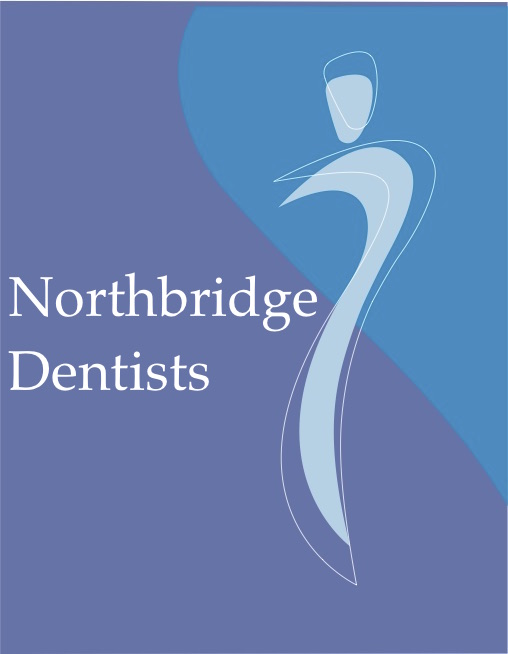Gum and periodontal treatment at Northbridge Dentists
Gingivitis is an inflammation of our “gingiva” or gums. It is caused by the accumulation of plaque, which is a sticky layer of food and bacteria adhering to teeth. If plaque is not removed (by good brushing and flossing) it can cause gingival irritation and build-up further.
Periodontal Disease is an advanced form of gum disease (gingivitis). Periodontal disease affects the gums, bone and “periodontal ligaments” that support the teeth. As periodontal disease progresses it can cause the gums and attachment tissues to fall away from the tooth. The bone and gums recede and the tooth may become loose.
Bone loss from periodontal disease
Treatment: After a thorough history and charting the depth of pockets in your gums, the dentist will remove the plaque and calculus. This is done with combination of polishing, ultrasonic scaling to remove stubborn build-up and even “scraping” along the roots underneath the gums to remove deep build-up of plaque and calculus. This deep cleaning can be done under anaesthetic.
Oral hygiene: This is perhaps the most important factor! Your dentist will help give you advice on brushing and cleaning between teeth. Some mouthrinses can help act against bacteria causing gum disease.
FAQs
When I brush, my gums bleed easily. Am I doing something wrong?
Unless you are brushing extremely forcefully and with the wrong action, the most likely cause of bleeding is from food, plaque or calculus build-up causing irritation to the gums. This doesn’t mean stop brushing, it means keep going! Sometimes it is also a sign that a visit to the dentist is due :)
My teeth are particularly sensitive following my clean. Why?
As inflamed gums shrink back down to a healthy size they recede slightly. This exposes a more sensitive part of the tooth – the root of the tooth. In addition, sometimes calculus deposits on the tooth root can insulate the tooth from sensitivity. When this is cleaned away, the tooth can be quite sensitive.
Are there other factors that affect periodontal disease?
Yes. Smoking is a significant factor which accelerates the progression of periodontal disease. Poorly controlled diabetes also impairs the gums ability to heal and so can also accelerate this. There is also a genetic link. So if your parents or even grandparents had periodontal disease, you are more likely to have it!

